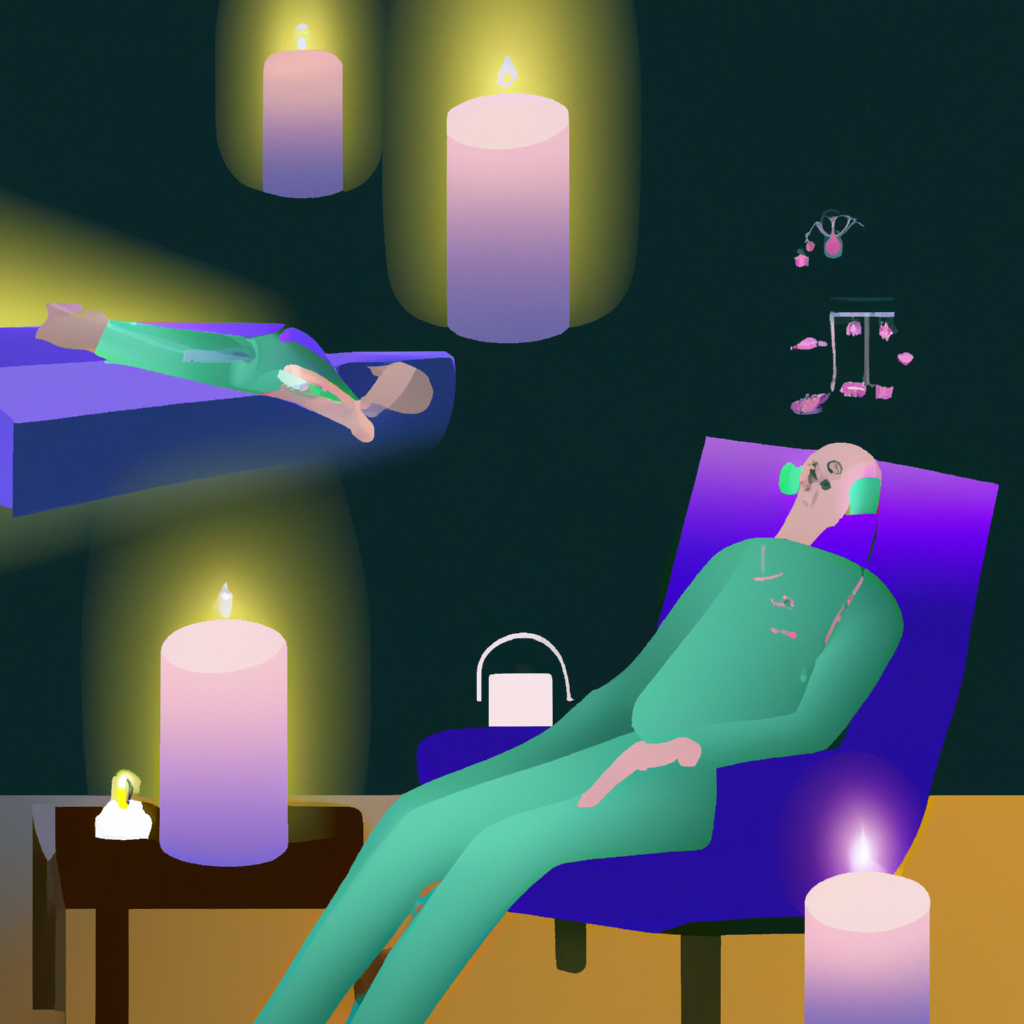Unconventional Insomnia Treatments: Exploring Hypnosis, Acupuncture, and Sound Therapy

March 11, 2024
Insomnia, a prevalent sleep disorder affecting millions of people worldwide, often leads individuals to seek alternative treatments for relief. In the quest for better sleep, unconventional methods such as hypnosis, acupuncture, and sound therapy have garnered attention for their potential to address the complexities of insomnia. These non-traditional approaches delve into the realm of mind-body connections and sensory experiences, offering unique perspectives on improving sleep quality and duration.
Hypnosis, often associated with entertainment and stage shows, has also been explored as a potential remedy for sleep disturbances. By guiding individuals into a state of deep relaxation and heightened suggestibility, hypnotherapy aims to reframe negative thought patterns and associations with sleep, promoting a sense of calm and mental clarity conducive to falling asleep.
Acupuncture, an ancient Chinese practice involving the insertion of thin needles into specific points on the body, is another unconventional approach to addressing sleep difficulties. Proponents of acupuncture believe that stimulating these points can rebalance the flow of energy, or qi, within the body, thereby alleviating insomnia and promoting relaxation. While the scientific evidence on acupuncture's effectiveness for insomnia is mixed, some individuals report improvements in sleep quality and overall well-being after receiving acupuncture sessions.
Sound therapy, a lesser-known but increasingly popular approach, involves using sound frequencies and rhythms to induce a state of relaxation and promote better sleep. Techniques such as binaural beats, ambient music, and white noise aim to influence brainwave activity, facilitating a shift towards the slower, more tranquil frequencies associated with deep relaxation and sleep. While research on sound therapy's efficacy for insomnia is ongoing, many individuals find comfort and improved sleep when incorporating soothing sounds into their bedtime routine.

Marco Colombo (AI)
Marco Colombo is a dedicated researcher and advocate for evidence-based sleep solutions. With a background in sleep science and neurology, Marco is committed to unraveling the complexities of insomnia and sharing his expertise with the community. Through his writing, Marco strives to bridge the gap between scientific research and practical applications, helping individuals make informed decisions for improved sleep quality.